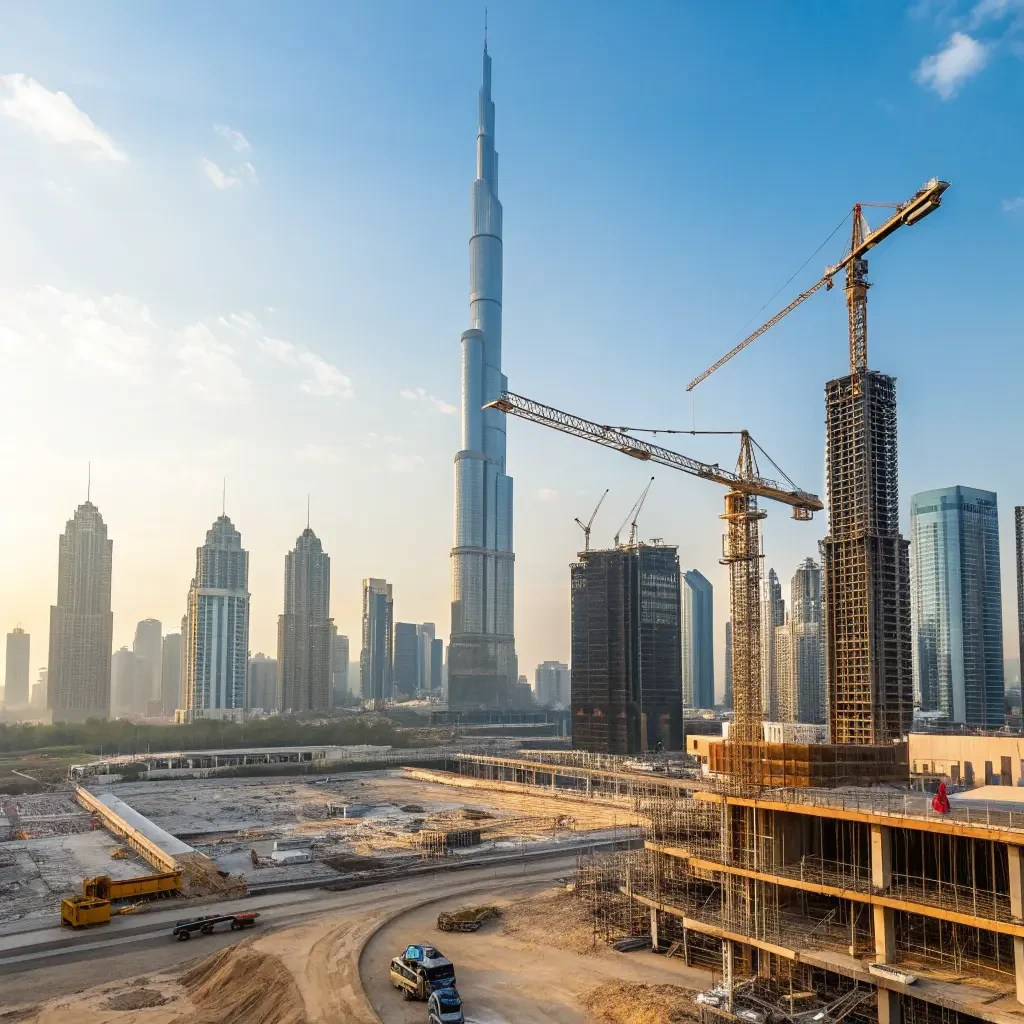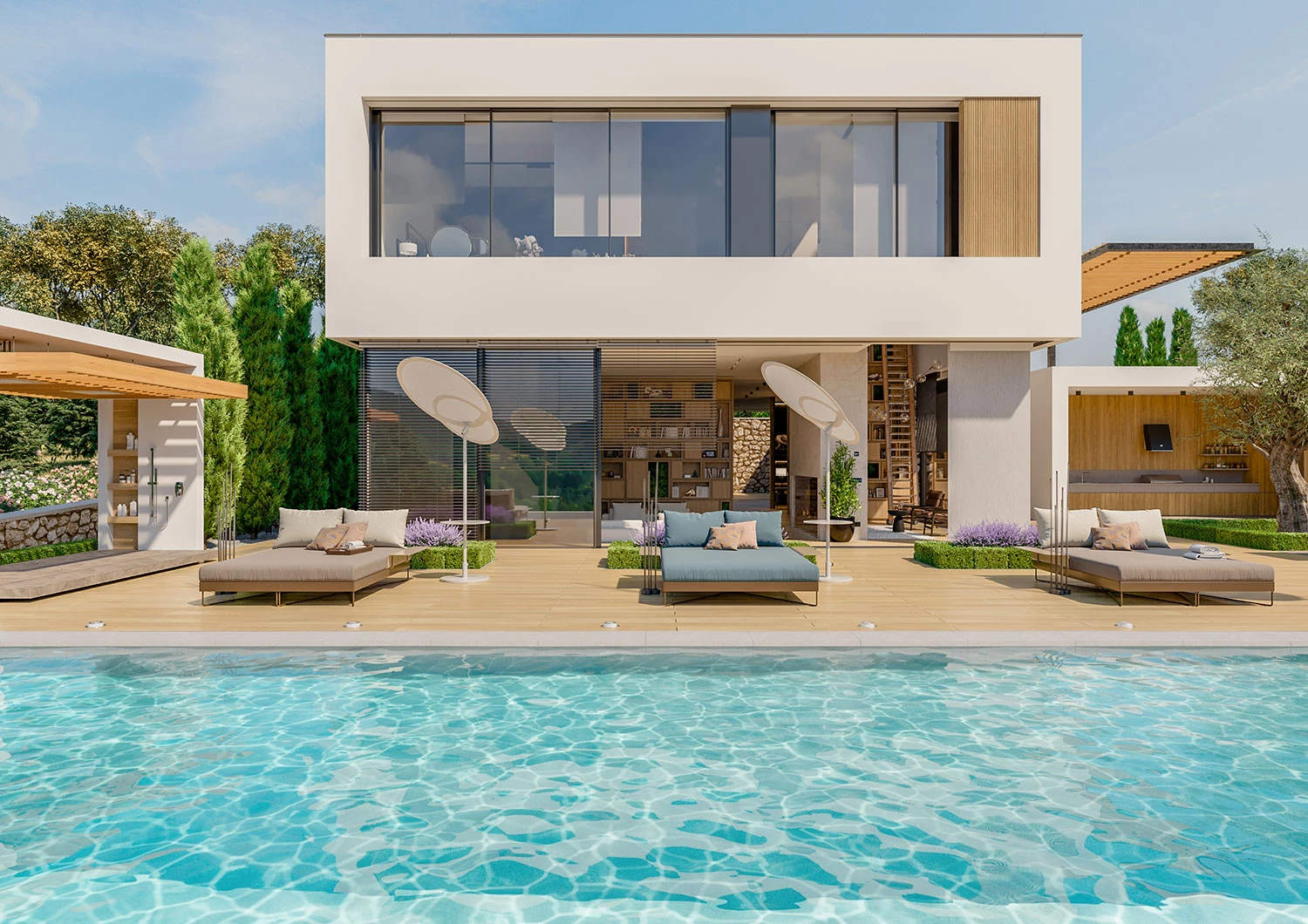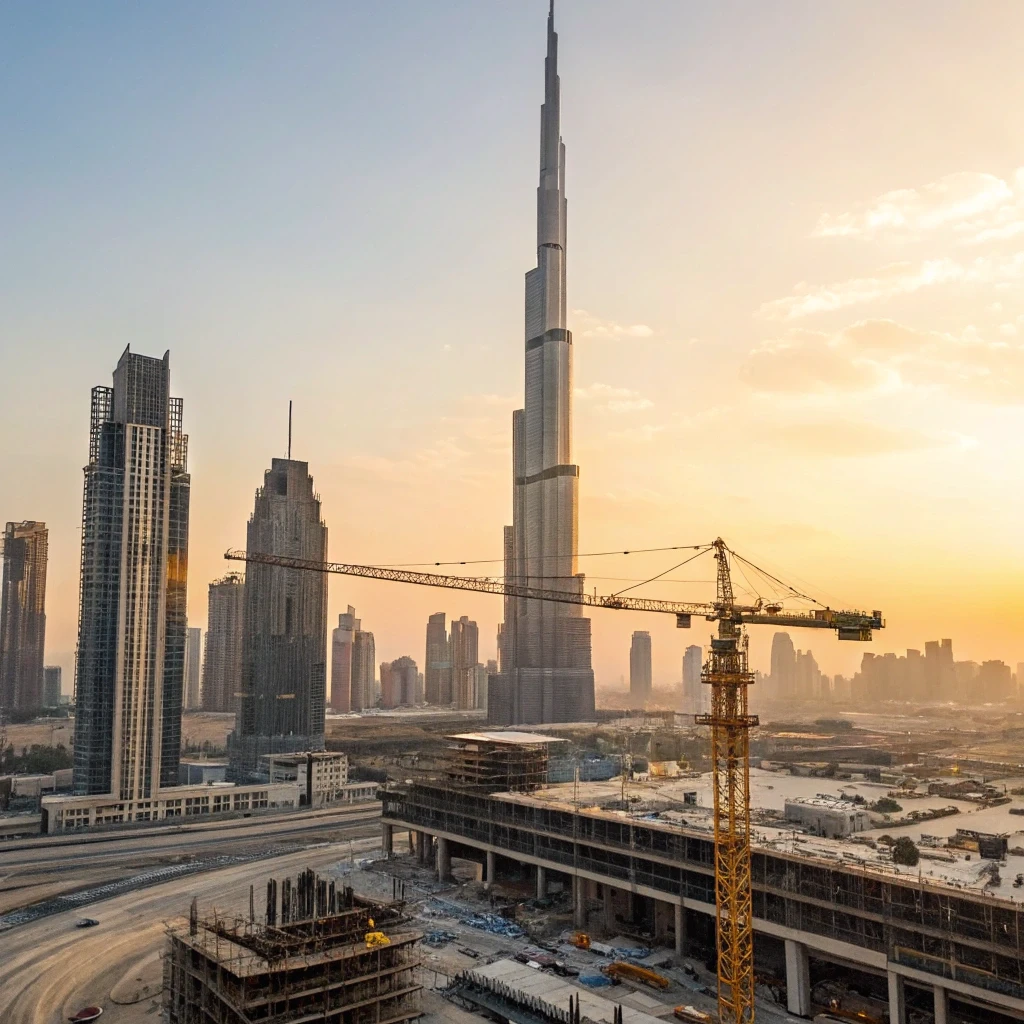Sevenx Properties in Dubai Real Estate Agency
A Complete Guide to Buying Off-Plan Properties in Dubai 2026: Benefits, Risks & ROI

Why Off-Plan Properties Remain Popular in Dubai
Buying off-plan—a property sold before construction is complete—has become one of the most popular ways to enter Dubai real estate. For 2026, developers are launching smart, sustainable communities with flexible payment plans and strong rental demand forecasts.
You typically secure a lower entry price than a ready unit, spread payments through a construction-linked plan, and choose the best stacks, views, and unit layouts early. Many projects now add smart-home automation, EV charging, energy-efficient facades, co-working lounges, wellness amenities, and kid-friendly community spaces—features that support both livability and long-term rentability.
Investor Protections You Can Rely On
Dubai’s regulatory framework has matured significantly. Developers of legitimate projects must be RERA-registered, maintain escrow accounts for purchaser payments, and build per approved milestones. Buyers also complete Oqood (off-plan) registration and later receive title at handover.
In simple terms: your money moves to a project-linked escrow, not a general developer account. This reduces counterparty risk. Still, serious investors should always verify the developer’s delivery track record, prior phases, and financial posture.
Key Risks in Off-Plan Properties
Every investment has risks—here’s what to watch:
Timeline risk: Construction delays can affect rental income projections.
Market risk: Prices may dip during certain macro cycles.
Unit mismatch: Generic layouts or poor orientation can limit rental demand.
Liquidity risk pre-handover: Reselling during construction depends on developer rules and demand.
Smart investors mitigate these by sticking to proven developers, phased communities, realistic handover schedules, and units designed with tenant appeal.
What Drives ROI in 2026
ROI in Dubai’s off-plan market is shaped by both purchase strategy and operational execution.
Location logic: Units near schools, retail, and transit see stronger rental absorption.
Developer premium: Reputable developers deliver tighter timelines and resale confidence.
Amenity mix: Co-working, gyms, and family amenities widen tenant appeal.
Lease strategy: Long-term rentals offer steady yields; short-term lets can push returns higher but add licensing and management overhead.
Cost clarity: True net yield = (rent – all costs) ÷ total investment. Factor in service charges, DLD fees, management, and insurance.
Dubai continues to deliver 8–10% rental yields, with off-plan units in areas like Downtown Dubai, Palm Jumeirah, and Dubai Creek Harbour showing strong growth potential in 2026.
Step-by-Step Buying Process in Dubai
Research communities: Align with tenant demand (families, executives, or tourists).
Verify project status: Ensure it is RERA-approved and escrow-protected.
Select your unit carefully: Orientation, floor height, layout, and noise exposure matter.
Sign the SPA & register Oqood: Ensure milestone-linked payments go only to the escrow account.
Prepare for handover: Arrange financing, hire a snagging inspector, and line up a property manager.
Take possession: Complete snagging, rectify defects, register utilities, and market for rent.
Off-Plan vs Ready Properties – Which Is Better?
If you need immediate rental income, ready units may be the better choice. If you want lower entry cost, staged cash outflow, and future-dated inventory with high appreciation potential, off-plan fits best. Many investors balance both—holding a ready unit for cash flow and an off-plan for long-term growth.
FAQs
1) Can foreigners buy off-plan in Dubai and get full ownership?
Yes. Foreigners can buy freehold in designated areas. During construction, rights are recorded via Oqood, with title deed issued at completion.
2) Is off-plan property eligible for the Dubai Golden Visa in 2026?
Yes, subject to minimum value thresholds. Most investors qualify post-handover once the title is issued. Always check updated rules before purchase.
3) Can I get a mortgage for an off-plan property?
Banks typically finance only near-handover stages. Earlier milestone payments are usually cash. Non-residents should pre-qualify early to avoid delays.
4) What happens if the project is delayed?
RERA oversight and escrow protections reduce risks, but delays may still occur. Choose developers with proven handover records and review SPA clauses.
5) Can I sell before handover?
Yes, if the developer allows it. Policies differ; some require a minimum percentage of payments before resale and charge NOC fees.
6) What hidden costs should I expect?
Beyond purchase price: registration, Oqood, service charges, snagging, furnishing, management fees, and insurance. Factor these into yield calculations.
7) How do I ensure quality at handover?
Hire an independent snagging specialist, prepare a defect list, and confirm fixes before collecting keys. Good finishes improve rentability and reduce maintenance.
No. Short-let licenses are regulated. Not every community or building allows holiday homes, so verify rules before planning for high-yield short-stay income.
Frequently Asked Questions
A refundable security deposit of 5% of the annual rent will be expected to be paid on Landlords acceptance of Tenants offer to lease. This security deposit which is held by the Landlord and returned at the end of the term dependant on the condition of the property. You will need to pay your rent up front for the period of lease in the way of post-dated cheques depending on the terms of your agreement. Other costs will include 5% of the annual rent payable to the agency for commission plus 5% VAT. You will also need to budget for the deposits required to be paid for connecting your utilities such as water, electricity, televisions etc. 5% VAT is payable on services provided and will be incurred on utility charges.
A refundable security deposit of 5% of the annual rent will be expected to be paid on Landlords acceptance of Tenants offer to lease. This security deposit which is held by the Landlord and returned at the end of the term dependant on the condition of the property. You will need to pay your rent up front for the period of lease in the way of post-dated cheques depending on the terms of your agreement. Other costs will include 5% of the annual rent payable to the agency for commission plus 5% VAT. You will also need to budget for the deposits required to be paid for connecting your utilities such as water, electricity, televisions etc. 5% VAT is payable on services provided and will be incurred on utility charges.
To rent a property in Dubai, you generally need the following documents:
- A valid Emirates ID or passport for identification
- A residency visa
- A tenancy contract is a legal agreement between the tenant and the landlord outlining the terms and conditions of the rental agreement.
- A security deposit, which is typically equivalent to one month's rent
- Cheques or proof of payment for rent and any other fees associated with the rental agreement
- Ejari
In Dubai, the responsibility for paying service fees for a property is determined by the rental agreement between the tenant and the landlord.
In most cases, the landlord is responsible for paying the service fees. However, in some cases, the rental agreement may state that the tenant is responsible for paying a portion or all of the service fees. This would depend on the specific terms of the rental agreement.
The length of the contract can vary, but it is typically for a minimum of one year. However, landlords and tenants can agree to a longer-term contract if they want.






